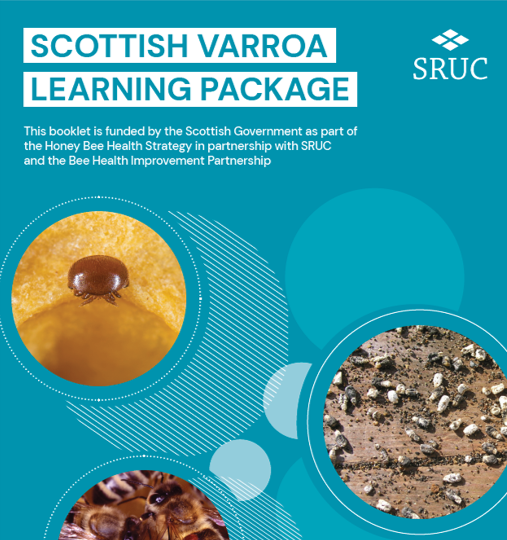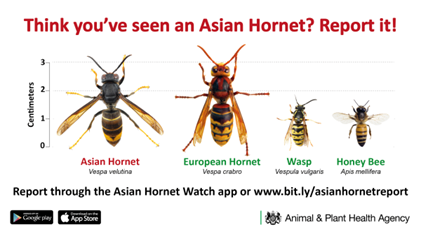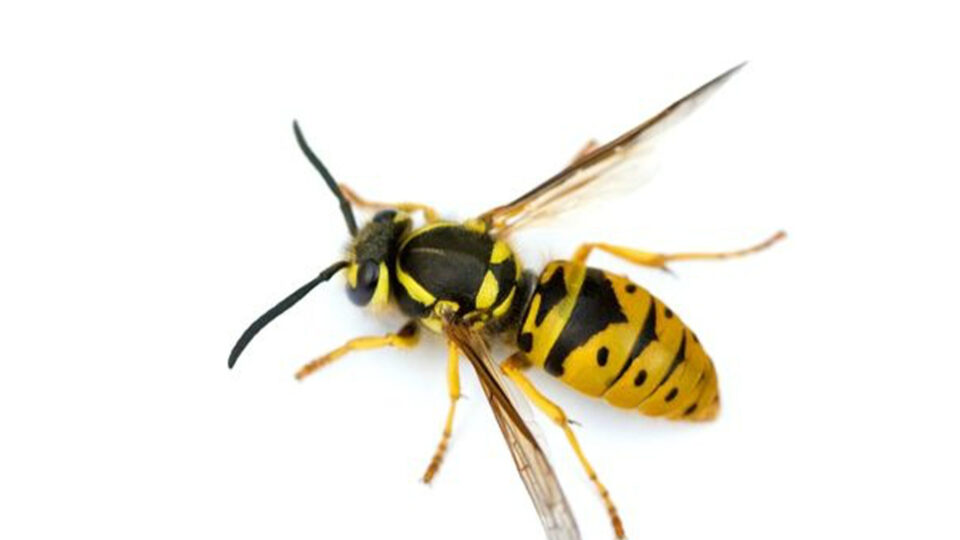Foulbrood Notice
The following is a notice issued by the Scottish Government Bee Health Team for beekeepers across Scotland.
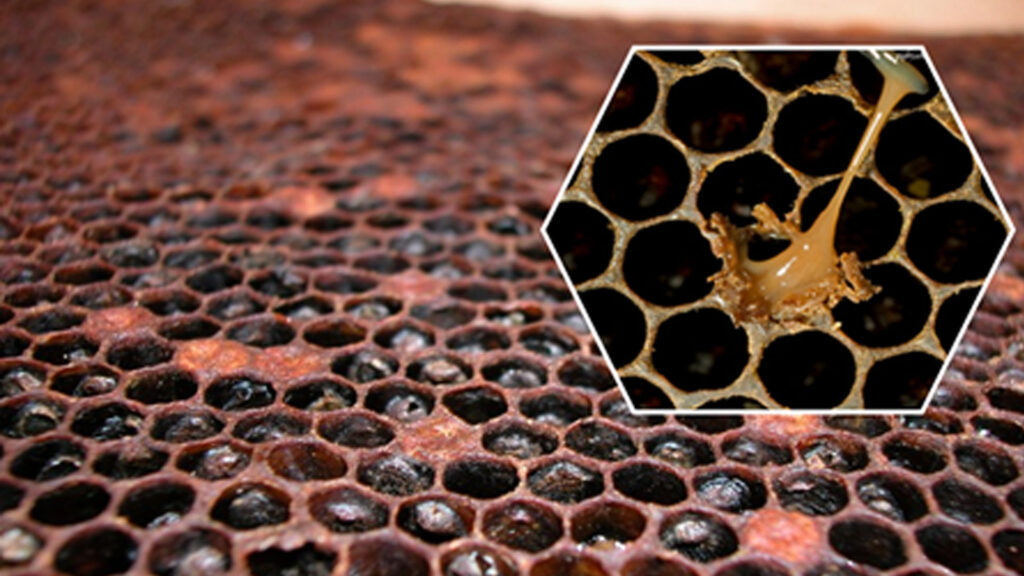
We are contacting you to inform you of an outbreak of both American Foulbrood (AFB) and European Foulbrood (EFB) in the Haddington area of East Lothian. This is the first outbreak of AFB and EFB detected in this area in recent years.
This outbreak concerns a number of hives and was discovered by Scottish Government bee inspectors during the delivery of their honey bee health inspection programme, with the diseases being confirmed by SASA on the 26th July 2023.
The beekeeper concerned has been informed of the official confirmation of both diseases. They are fully cooperating with the Scottish Government bee health inspectors. The colonies infected with AFB will be humanely euthanised as there is no permitted treatment for the disease in the UK.
Restrictions are in place in the apiaries. We are working with the beekeeper to identify the possible origin of this outbreak as well as any possible spread of disease.
Registered beekeepers within 3 km from the infected apiaries will also be alerted of this outbreak via BeeBase and our bee health inspectors will continue to deliver disease surveillance inspections in these areas.
22 AFB infected colonies have now been found in nine different apiaries, belonging to four different beekeepers in Scotland this year.
119 infected EFB colonies have been found in 71 different apiaries, belonging to 15 different beekeepers in Scotland this year.
Disease trends are publicly available on ‘BeeBase’ (APHA’s National Bee Unit website).
What does this mean?
This is an informative announcement to raise awareness of key points. There are no subsequent restrictions in the area as a result of this finding other than those in place for the infected apiary.
Next Steps
Please can beekeepers also be reminded of the need to acquaint themselves with the symptoms of foulbrood diseases and how to carry out a full foulbrood inspection. Foulbrood inspections should be carried out at least once a year, but we encourage more regular inspections in the areas where disease has been confirmed.
If there is any suspicion of AFB, or European Foulbrood (EFB), there is a legal requirement to notify the Scottish Government Bee Inspectorate.
Strict bio-security is the best prevention to avoid infection, especially for beekeepers who are located within the outbreak area. Swarms of unknown origins should be isolated in a quarantine apiary and inspected for signs of disease before they are brought into contact with other colonies.
Extreme care should be taken with old and second-hand equipment. Such equipment should be thoroughly cleansed and sterilised before re-utilising. In our experience, old infected equipment is the main source of spread of AFB.
In addition, we would like to emphasise the importance of registering and keeping the locations of apiaries up to date in BeeBase. This will allow the Scottish Government Bee Health Team to assess if there has been a risk of disease spreading to their bees. This is all the more important for those beekeepers who find themselves within the area where the outbreak has been confirmed.
Free registration to BeeBase is available at the National Bee Unit website. Registration on BeeBase also ensures that other beekeepers in an area are automatically alerted to disease outbreaks.
Additional information can be found on the following web pages:
· Foulbrood – how to spot and report the disease
If you have any questions, please do not hesitate to contact us at:
Thank You


